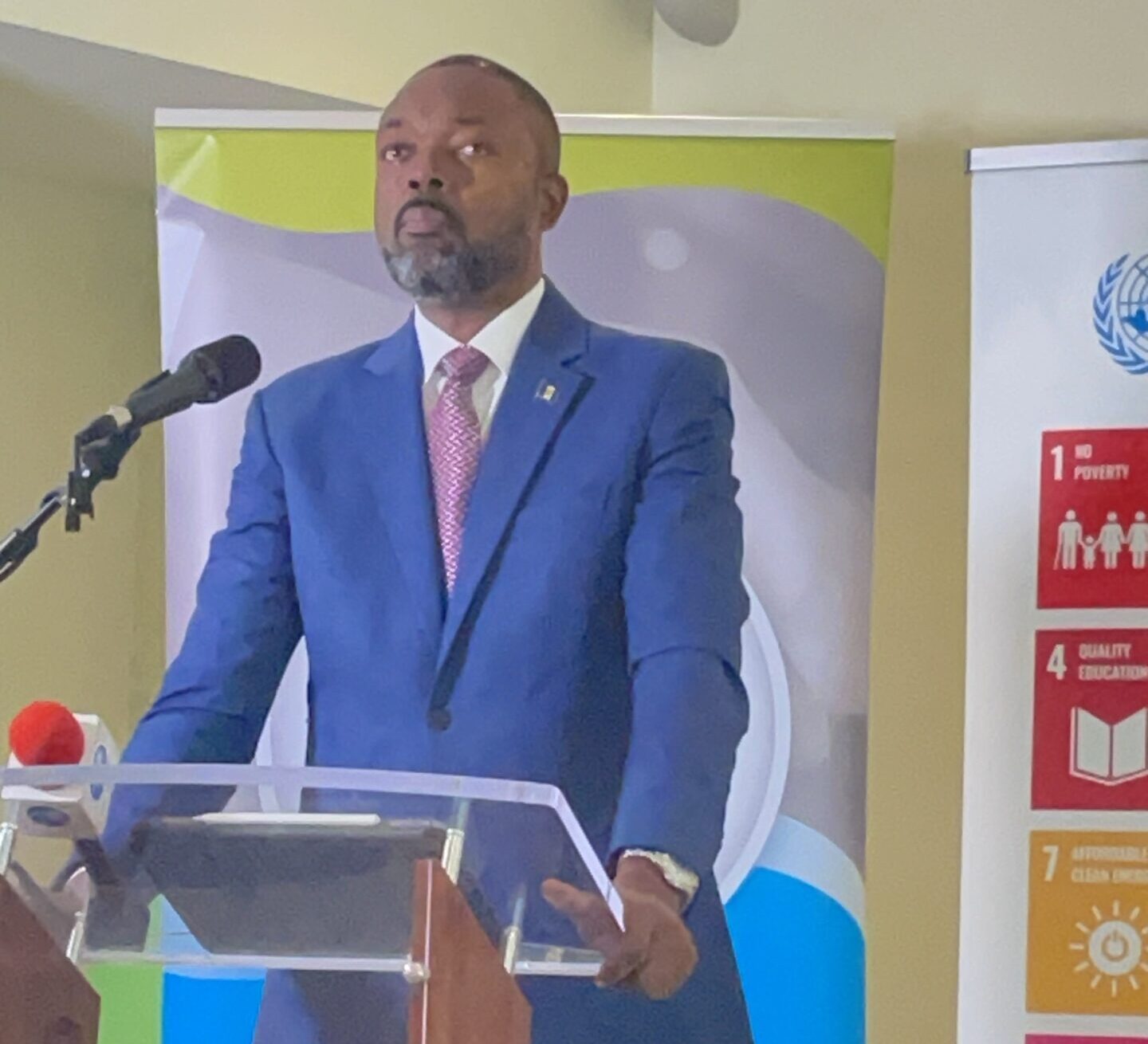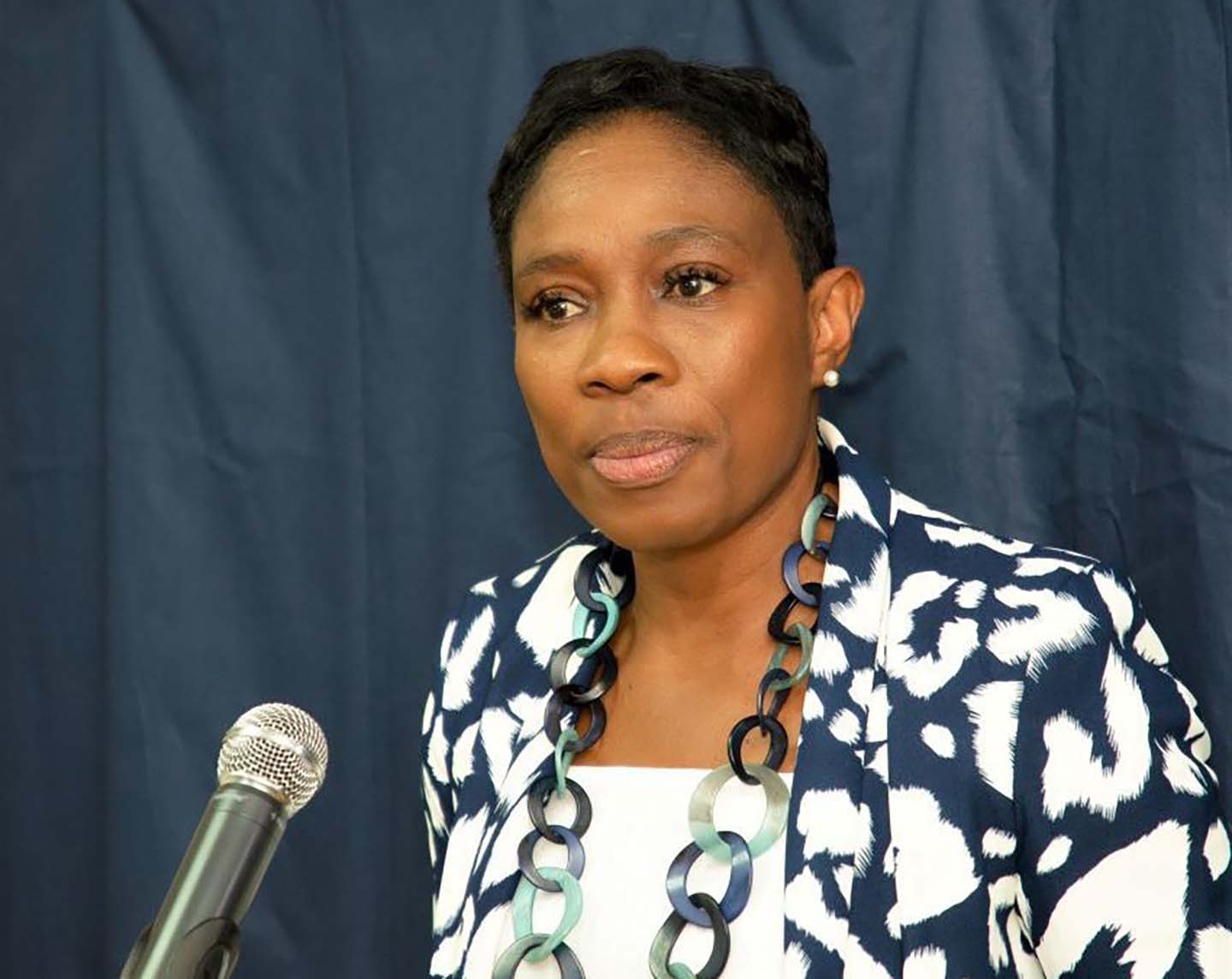In a sweeping critique delivered before the House of Assembly, Opposition Leader Ralph Thorne launched a vehement condemnation of the Mia Mottley administration’s appointment practices, alleging systematic erosion of institutional independence within Barbados’ civil service and judiciary.
Thorne articulated profound concerns regarding the government’s propensity for installing departmental heads and even judicial figures on limited three to four-year contractual terms. He characterized this approach as a form of political interference that fundamentally compromises the autonomy of public servants. The practice, he contended, creates an environment where senior appointees prioritize contract renewal over providing impartial, objective counsel to political leadership.
While acknowledging the Public Service (Appointments) Bill as a ‘noble’ legislative measure that would secure permanent positions for over 2,000 civil servants—including 1,170 temporary workers—and facilitate more than 900 promotions, Thorne maintained that the public service remains in a state of significant turmoil. He suggested the timing of this legislation appeared strategically aligned with impending general elections rather than genuine administrative reform.
The opposition leader detailed widespread frustration throughout the public service hierarchy, attributing this discontent to the government’s policy of ‘planting’ contract-based personnel at senior departmental levels. Thorne emphasized that the historical integrity of Barbados’ civil service rested upon security of tenure, which enabled public officers to deliver independent advice without employment insecurity. He starkly contrasted traditional appointments ‘by status’ with the current administration’s contractual approach, which he believes undermines established public service traditions.
Thorne delivered a pointed reminder to civil servants that their employment exists independently of Cabinet members, stating ministers are not their employers but rather policy directors. He issued a direct caution to government ministers against operational interference within departments, urging them to ‘stay out of the people’s places of work.’
Expanding his critique beyond administrative structures, Thorne addressed systemic issues in education and law enforcement. He reported that teachers across the island experience severe burnout, noting educators frequently assume surrogate parental roles by providing lunch for students. Thorne challenged the government’s economic prosperity narrative, asserting that in a genuinely ‘buoyant’ economy with seventeen consecutive growth quarters, no child should attend school hungry.
Regarding law enforcement, Thorne acknowledged the government’s introduction of substantial detective allowances but warned this measure has created problematic divisions between detectives and uniformed officers within the Barbados Police Service, potentially undermining operational cohesion.









